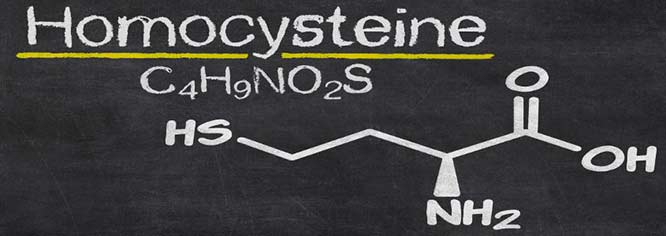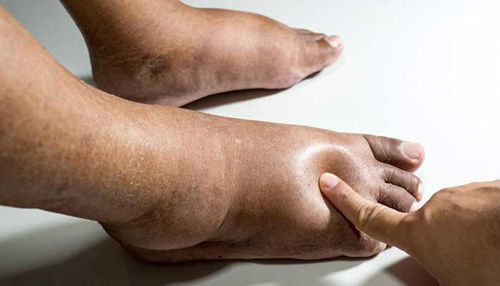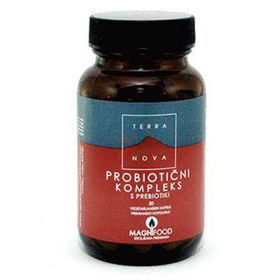Have you ever heard of homocysteine? According to American nutritionist Patrick Holford and doctor James Braly, who are also the authors of The H Factor, it is an extremely important amino acid with a strong impact on our health. Research shows that reducing its amount can cause us to live as long as 20 years!

Not surprisingly, homo cysteine research is considered by many to be one of the greatest scientific discoveries of the last century. Best of all, we have a very simple solution to the problems caused by homocysteine: B vitamins help effectively.
What is homocysteine?
Homocysteine is an amino acid that participates in the building of our tissues and is formed during the metabolism of amino acids in our body. Methionine, which is found in animal proteins, is converted into a vital chemical compound by the methylation process. We need B-vitamins (folate, B6 and B12) for methylation; if there are not enough, homocysteine remains in the blood. For a closed cycle, homocysteine must be converted to cysteine or back to methionine, these amino acids are essential and very useful for the body, in contrast to homocysteine, which is very dangerous to health in higher concentrations.
The link between elevated homocysteine levels and heart disease was confirmed 40 years ago. At the time, Kilmer McCully was studying a rare genetic change in a two-year-old child who died of a heart attack, even though he was, of course, too young to smoke, for an unhealthy lifestyle, and the like. Thus, the scientist realized that for the child's condition, the arteries that were more like a really old patient in the heart ward, the key is too high a level of homocysteine as a result of a congenital disease. His work was a turning point, but his colleagues realized this only after a while, when more research was done, which confirmed his findings. And not only that! Today, experts say there are more than 100 diseases associated with homocysteine. Among other things, it is known that taking vitamin B12, which affects the levels of this amino acid in the blood, even helps with depression, patients with Alzheimer's disease have a high homocysteine content, so everything shows that it is very important for health not to have it in the blood. too many.
How do we read?
The reasons for the increase in homocysteine levels are mainly related to a poor diet high in sugar and carbohydrates, which affects the lack of key B vitamins, magnesium and zinc. The absorption of folate and other cofactors required for methylation is also affected by inadequate digestion and intestinal bacterial imbalance.
Homocysteine testing is not a constant practice in our country either, but it is known what helps: by taking vitamins B6, Bg (folate) and B12 we help with metabolism and we make sure that homocysteine will not remain in the blood where it is dangerous to health. Research has shown that after just three months of taking B vitamins, the content of homocysteine in the blood decreases significantly.
The good news is that B vitamins - if there are too many of them in the body - are excreted in the urine so that they cannot be taken in excessive amounts. On the other hand, it doesn't matter what these vitamins are. If we take nutritional supplements, they should be in methyl form to make them easier and more efficient for the body to use. Terran dietary supplements are one of those that have B vitamins in this form, so the results of taking them are very encouraging.
Of course, we can also help ourselves by improving and adjusting our diet. High levels of homocysteine will be reduced by garlic, parrots, broccoli, various fruits, wholemeal rice, turmeric, nuts, mushrooms, healthy oils ...
How do we know we are in danger?
Because homocysteine tests are not generally used, an increase in homocysteine can be seen by a variety of symptoms, although it is common for people to become aware of the dangers of stroke. Alcoholics are at risk, as alcohol affects vitamin B deficiency 12 . Pregnant women are the safest - homocysteine levels usually fall during pregnancy, with the exception of early pregnancy, when elevated levels are extremely dangerous, as they can be associated with abnormalities in fetal development and increase the risk of miscarriage.











 Facebook
Facebook
 Instagram
Instagram
 info@moja-lekarna.com
info@moja-lekarna.com

